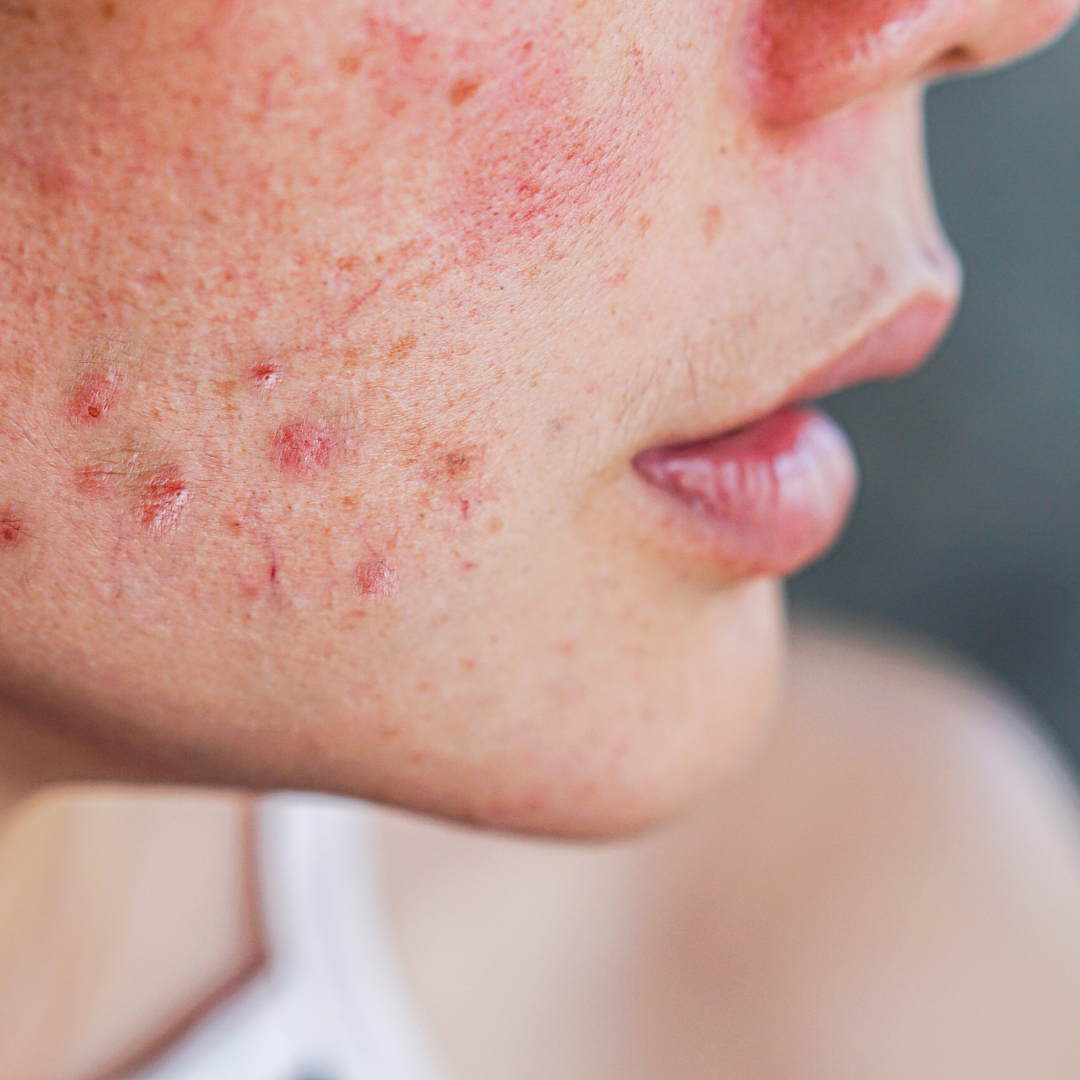Acne is a common skin condition that affects millions of individuals worldwide. While many people experience occasional breakouts, others have persistent acne-prone skin. If you find yourself struggling with recurring acne, it's essential to understand the characteristics of acne-prone skin and the factors that contribute to its development. In this blog, we will delve into the causes of acne-prone skin and discuss effective solutions for managing and preventing acne.
What is Acne-Prone Skin?
Acne-prone skin refers to a skin type that is more susceptible to developing acne. It is characterized by recurring breakouts, including pimples, blackheads, whiteheads, and sometimes cysts. Individuals with acne-prone skin often have excessive oil production, clogged pores, and an overgrowth of certain bacteria on the skin's surface. These factors contribute to the formation of acne lesions.
Causes of Acne-Prone Skin:
Hormonal Imbalances: Fluctuations in hormone levels, especially during puberty, can lead to increased oil production, triggering acne breakouts.
Excess Sebum Production: Sebaceous glands in acne-prone individuals produce an excessive amount of sebum, a natural oil that can clog pores and promote acne development.
Clogged Pores: The accumulation of dead skin cells, dirt, and bacteria can obstruct hair follicles, leading to the formation of comedones (blackheads and whiteheads) and subsequent inflammation.
Bacterial Overgrowth: The presence of Propionibacterium acnes (P. acnes) bacteria on the skin's surface can exacerbate acne by triggering an immune response and causing inflammation.
Solutions for Acne-Prone Skin:
Consistent Skincare Routine: A gentle and consistent skincare regimen using non-comedogenic products can help cleanse the skin, remove impurities, and prevent pore blockage.
Oil Control: Using oil-free or mattifying products and avoiding heavy, pore-clogging cosmetics can reduce excess oil production.
Regular Exfoliation: Gentle exfoliation with azelaic acid or gluconolactone can help remove dead skin cells and unclog pores.
Prescription Medications: In severe cases, dermatologists may prescribe topical or oral medications, such as retinoids, antibiotics, or hormonal therapies, to control acne.
Professional Treatments: Dermatological procedures like chemical peels, microdermabrasion, or laser therapy can effectively target acne-prone skin.
A gentler and more effective approach for acne includes using natural alternatives such as Maclura cochinchinensis, which acts as a substitute for retinoid acids, along with Vitamin A (Vigna Aconitifolia Seed Extract) and MicroSilver.
Acne-prone skin can be challenging to manage, but with the right knowledge and appropriate skincare practices, you can effectively control and prevent breakouts. Understanding the causes of acne-prone skin, such as hormonal imbalances, excess sebum production, clogged pores, and bacterial overgrowth, can help you tailor your skincare routine accordingly. Remember, it's crucial to consult with a dermatologist who can provide personalised advice and prescribe suitable treatments if necessary. By implementing consistent skincare practices and seeking professional guidance, you can achieve healthier, clearer skin and regain your confidence.

